Krong Jin is just one of the results of the unity in perception and action, promoting the combined strength of the entire political system for social policy credit activities, especially since Directive No. 40-CT/TW and Conclusion No. 06-KL/TW came into life in Dak Lak. The participation of the political and social system has also created a system of credit policies with increasingly small meshes so that "no one is left behind in the development journey", even a key player in stimulating the economic development dynamics of the province.
| With the Party, life is prosperous and happy (Part 1) |
As for Decision No. 22/2023/QD-TTg on credit for people who have completed their prison sentences (Decision 22), although it has only been in effect since October 10, 2023, it has given those who have made mistakes the opportunity and confidence to "rehabilitate" through honest livelihood activities, helping them to "normalize" their lives soon and reintegrate into society in a more effective and sustainable way.
Lieutenant Colonel H'Huong A'Drung, Deputy Chief of Police of Krong Kmar Town, Krong Bong, Dak Lak Province said that after implementing the policy, the police coordinated with local authorities to organize a propaganda session for cases that had served prison sentences in the locality so that they understood and many people had a need to borrow capital, then the local authorities assigned us the responsibility to review. For those cases that have a need and meet the conditions, we will make a list and coordinate with the Transaction Office of the Social Policy Bank of Krong Bong District and have currently disbursed loans to all 5 cases in need.
Lieutenant Colonel H'Huong A'Drung said that at first, those who were released from prison also had many complexes, but when they received attention and support from the Party, the State, and local authorities in all forms, they felt very happy and excited. Because they were not shunned but were also supported in all aspects, from spiritual encouragement to access to finance. Therefore, they have more spirit and motivation to think about ways to invest in economic development. But many times, if we do not support and care for them, they may develop other ideas..."
From this policy, many new lives of warmth and happiness are being multiplied. Like Ms. Le Thi Hong Loan, Group 5, Krong Kmar town. She said, "I used to be an Agribank employee who was about to retire. At that time, the market for durian trees was also developing, I saved up money to buy a durian garden so that I could retire with income without worrying about my children." However, her plan could not be realized when an incident of property appropriation occurred at the bank, she was also implicated and had to serve a 4-year sentence. Her son, who is working as a bank employee in Ho Chi Minh City, gave up his career to return to his hometown to be close to his mother and take care of the durian garden that had just been cut down.
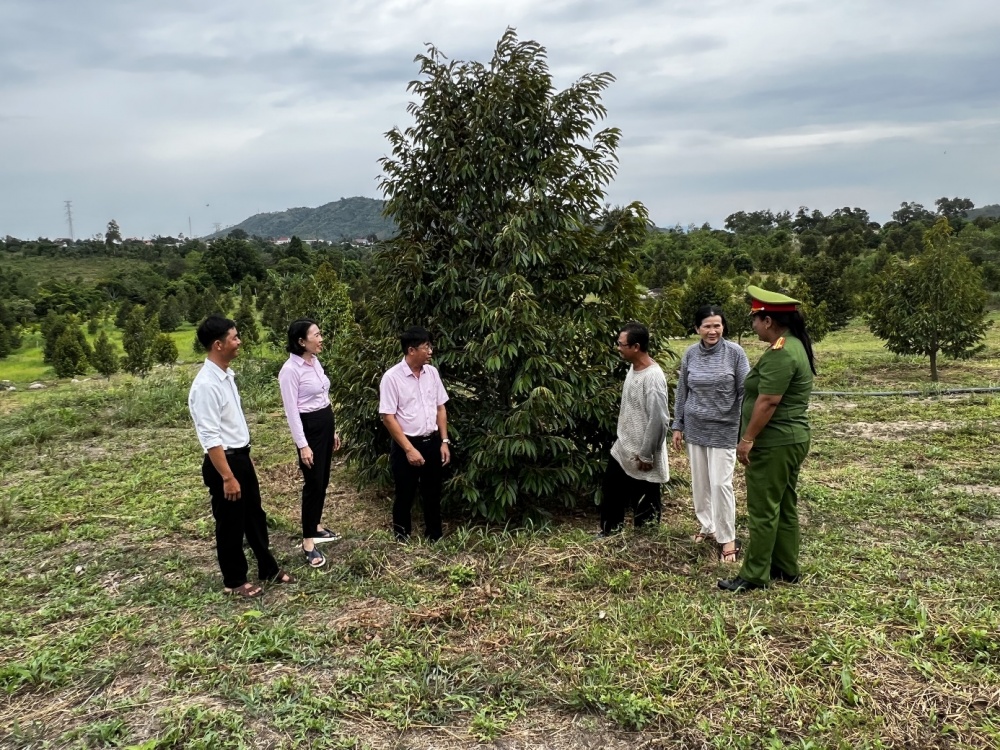 |
| Ms. Le Thi Hong Loan (standing 2nd from right) is visiting the durian garden with bank staff and commune police. |
On the day she returned, her finances were tight, she wanted to borrow money from the bank to continue developing her durian garden, but she was also worried because she didn't know if there was a place for people released from prison. While she was struggling, there was a government policy to support those who had just returned from re-education camps to have a source of capital to invest in economic development. "Thanks to the attention of the Policy Bank, as well as the local police, they helped and supported me to borrow 100 million VND. At that time, I was very happy and moved because I didn't think that after returning like that, I would enjoy the policies of the government, as well as the agencies and departments that cared for and encouraged me like that. Especially, every time the police came down, they encouraged me to try to do business, without discrimination or anything. Since then, I have felt confident in doing business," she said. Up to now, 2 hectares with 400 durian trees have grown well and 40-50 trees have produced fruit. “This year's expected revenue is around 200 million VND. Hopefully next year I will earn more,” she said.
Or like Ms. Nguyen Thi Be, village 4, Khue Ngoc Dien commune, Krong Bong district, Dak Lak province, her biggest worry when preparing to leave the re-education camp was what to do to make a living when she returned to her hometown. “Returning on September 2, close to Tet, I was very confused. But when I returned, I received a lot of attention from the local government, the Women's Union and the support of the Social Policy Bank, which lent me 80 million VND to renovate the hair salon to start over. Thanks to that capital, I have been able to live until today and raise my children,” she said, adding, “Without the help of the local government and that capital, I might have collapsed.” Not only has she stabilized her own life, she has also contributed to creating regular jobs for 2 local people.
Policy credit sources are also contributing to promoting the local economy through the development of local advantages such as Ea Kao commune. Deputy Secretary of the Ea Kao commune Youth Union, H'Thao H'Nak shared, "I see that since people started borrowing from social policy capital sources, their economy has developed, the number of well-off families has increased day by day and their lives have improved a lot." Especially in Tong Bong and Tong Ju villages, over the years, credit capital has helped women, especially female youth union members, restore and develop the traditional weaving profession.
Ms. H'Ja Mun Krom, Director of Tong Bong Brocade Weaving Cooperative, Head of Tong Ju Village Community Tourism Group, where 42 households borrow money and are also members of Tong Bong brocade weaving, said, "The women set up looms at home, and in their free time, they focus on weaving, with an average income of 4,000,000 to 4,500,000 VND/month." In particular, the Cooperative has worked with the women to research and design sophisticated products from woven fabrics such as clothes, wedding dresses, and souvenirs to increase the value of the goods. "Before, when there was no weaving and selling job, whenever the family needed to pay for their children, or there was something they wanted to spend on in the family, they usually went to "pick up" coffee or corn. Since the weaving profession, the women have used the small income from weaving to cover their small expenses until they harvest." Many women have also increased production and designed more brocade products on social platforms across the country.
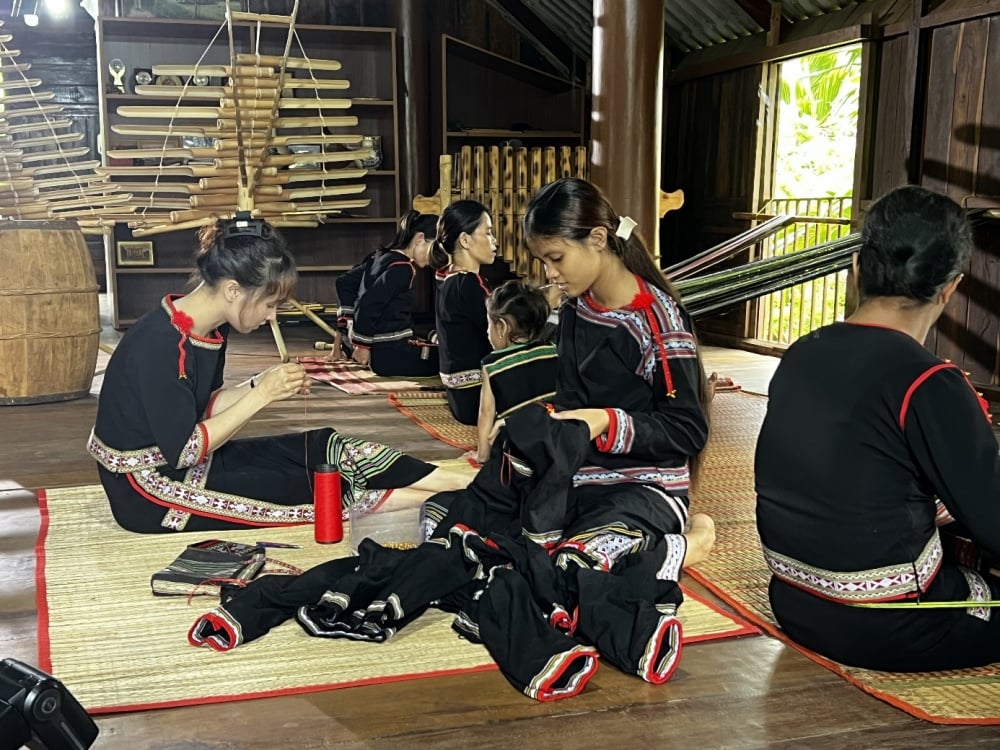 |
| The restoration of weaving has created jobs for women, contributing to promoting gender equality. |
More boldly, in 2020, she discussed with 18 households in Tong Ju village to establish a community tourism group to both introduce the cultural beauty of her people and increase income from tourism development. Depending on their conditions, the women participated in performances in the gong cultural program, assigning each household to grow vegetables, raise pigs, raise chickens, and have fields so that when there were guests, each person would take care of each task. Many families borrowed clean water and environmental sanitation capital, capital for job creation to invest in renovating and building accommodation for guests. Ms. H'Ja Mun Krom herself also borrowed 100 million VND from the Social Policy Bank from the capital for job creation to renovate facilities and equipment for community tourism. Although development was interrupted for 2 years due to the Covid epidemic, up to now, with the efforts of each family, Tong Ju village has been recognized by the Department of Culture, Sports and Tourism of Dak Lak province as a community tourism destination.
Although each dong of the Social Policy Bank's capital is not large in scale, its spread to 100% of the communes of the mountainous province of Dak Lak, where ethnic minorities account for 35.7% of the province's population, has contributed to implementing the comprehensive development policy and creating conditions for all ethnic minorities to promote their internal strength and develop together with the country of our Party and State. Developing ethnic minority and mountainous areas is closely linked to political stability, social order and safety, ensuring national defense and security. Maximizing the strength of great solidarity among ethnic groups, arousing aspirations and national pride in the ethnic minority community, towards the goal of a prosperous and developed Vietnam. This is also the wish of President Ho Chi Minh: "Kinh or Tho, Muong or Man, Gia Rai or E De, Xe Dang or Ba Na and other ethnic minorities, are all descendants of Vietnam, are all blood brothers. We live and die together, we are happy and miserable together, we help each other in hunger and fullness".
Dak Lak is a mountainous province located in the center of the Central Highlands region, with a particularly important geographical position in terms of security, politics, economy, culture - society; has a border of about 73 km long bordering the Kingdom of Cambodia, a natural area of 13,125 km2, with 15 district-level administrative units, including Buon Ma Thuot city, Buon Ho town and 13 districts (including 02 poor districts: M'Drak district, EaSup district and 04 border communes); has 184 communes, wards and towns (152 communes, 20 wards, 12 towns), 2,152 villages, 49 communes in ethnic minority and mountainous areas (Area I: 47 communes, Area II: 02 communes). The population is over 2 million people with 49 ethnic groups living together, of which ethnic minorities are over 667 thousand people, accounting for 35.7% of the province's population, distributed evenly throughout 184/184 communes, wards and towns of the province.
By the end of 2023, according to the results of the review of poor and near-poor households applied according to Decision No. 24/2021/QD-TTg dated July 16, 2021 of the Prime Minister, Dak Lak province has a poverty rate of 9.15%, a near-poor household rate of 6.8% (of which the poverty rate among ethnic minorities is 65.8% with 31,229 poor households).
Source: https://thoibaonganhang.vn/co-dang-cuoc-doi-am-no-hanh-phuc-bai-2-158883.html


![[Photo] Opening of the 11th Conference of the 13th Party Central Committee](https://vstatic.vietnam.vn/vietnam/resource/IMAGE/2025/4/10/f9e717b67de343d7b687cb419c0829a2)

![[Photo] April Festival in Can Tho City](https://vstatic.vietnam.vn/vietnam/resource/IMAGE/2025/4/10/bf5ae82870e648fabfbcc93a25b481ea)

![[Photo] Unique folk games at Chuong Village Festival](https://vstatic.vietnam.vn/vietnam/resource/IMAGE/2025/4/10/cff805a06fdd443b9474c017f98075a4)

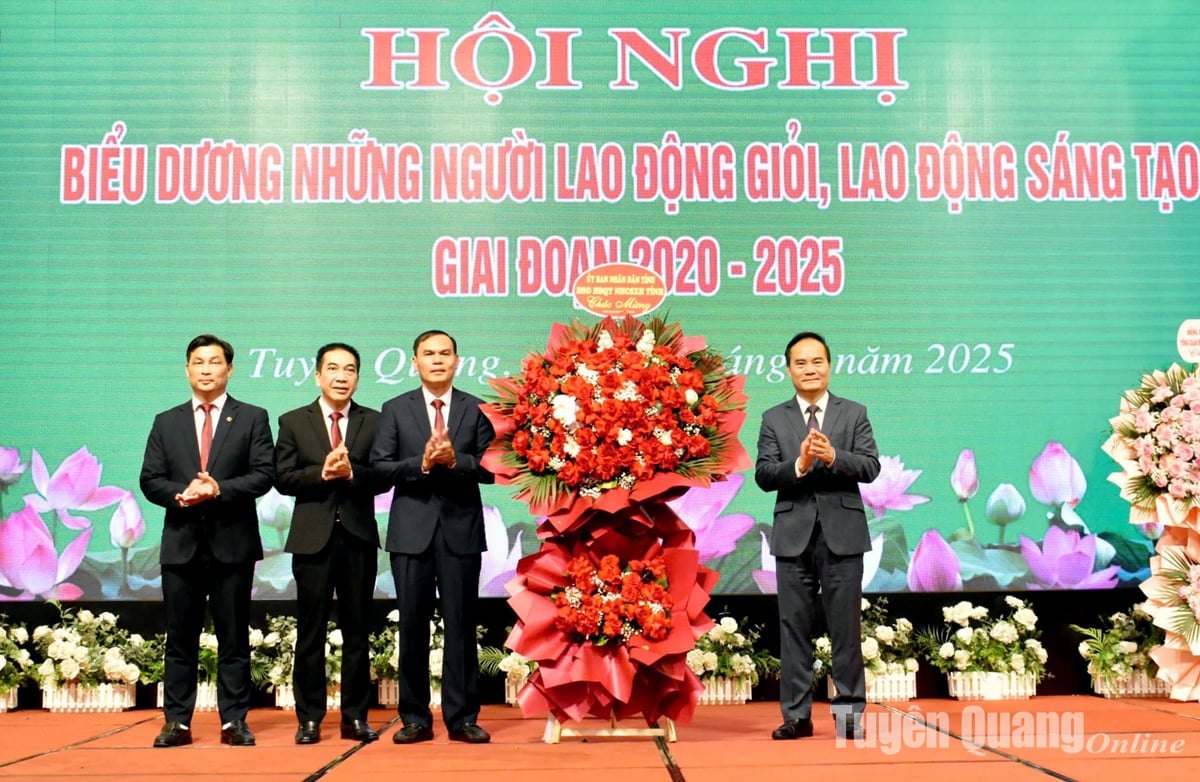







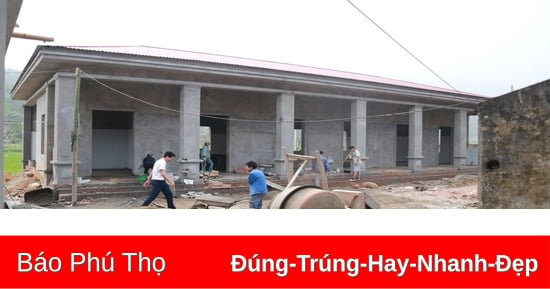

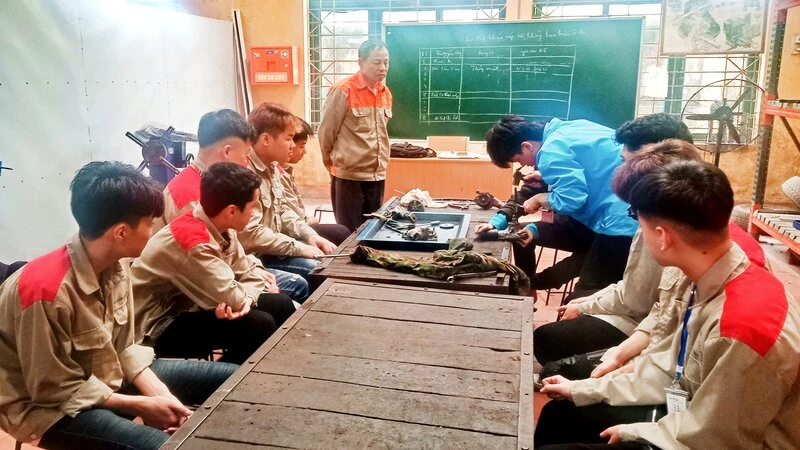
![Building the Vietnamese bird's nest brand: [Part 1] Reaching the world](https://vstatic.vietnam.vn/vietnam/resource/IMAGE/2025/4/10/a74ccb6a92a148aa9acd3682fa5ad735)
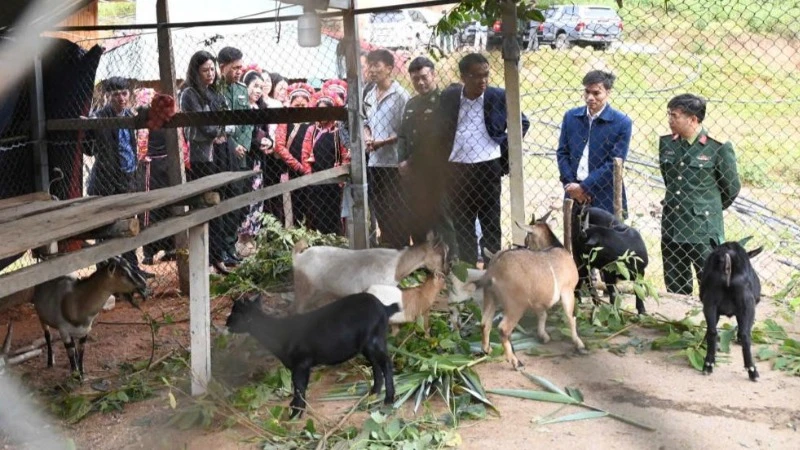
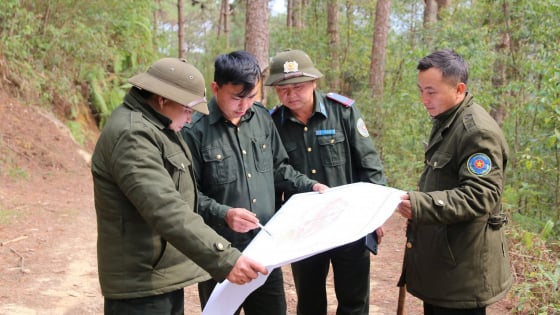
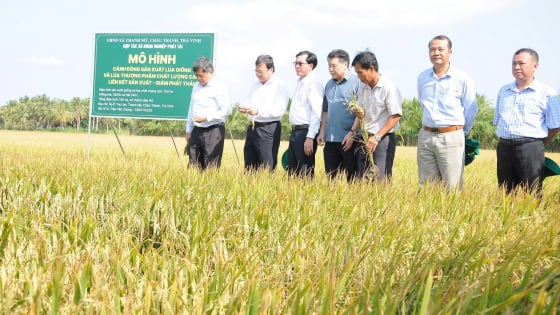
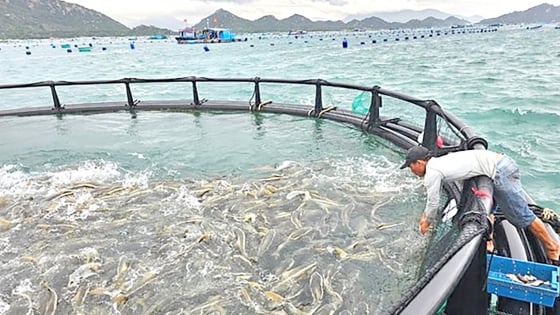




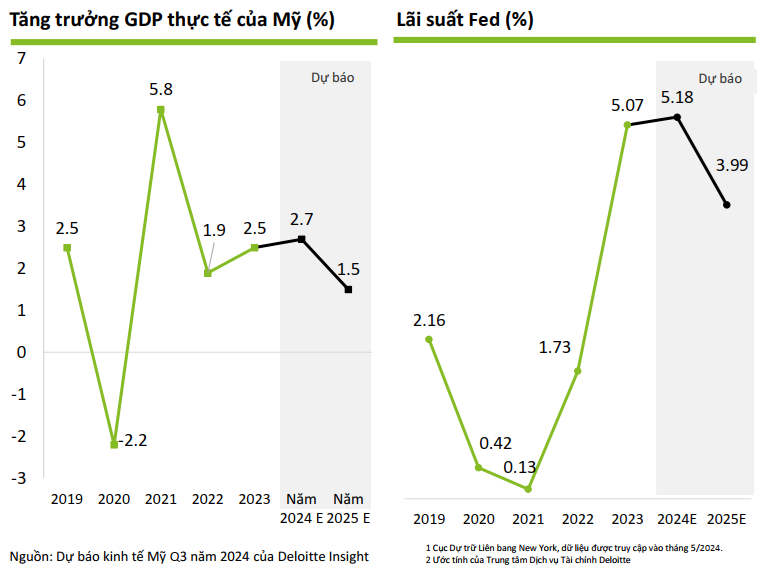

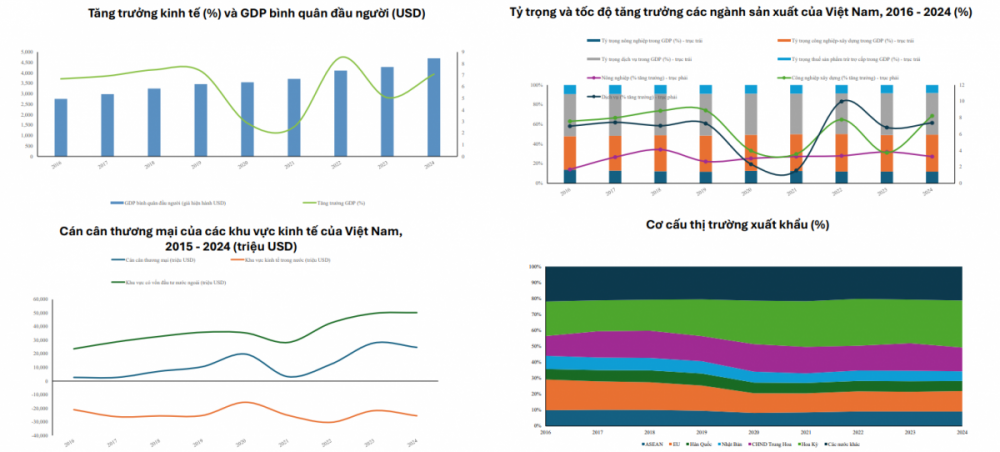












































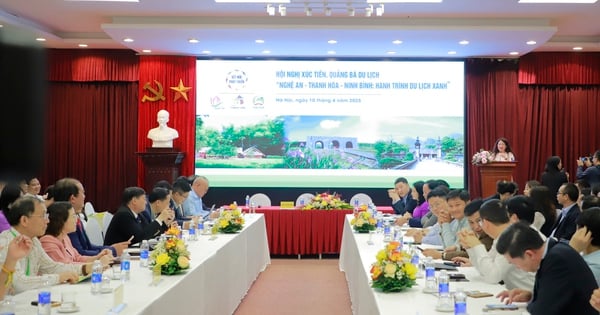




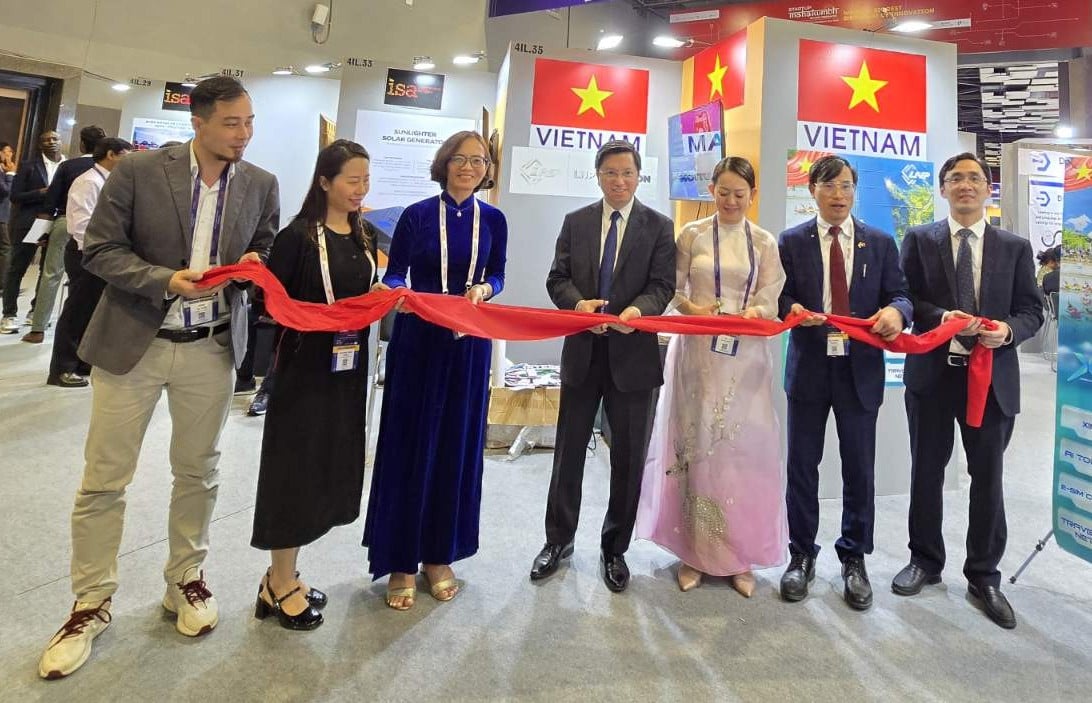
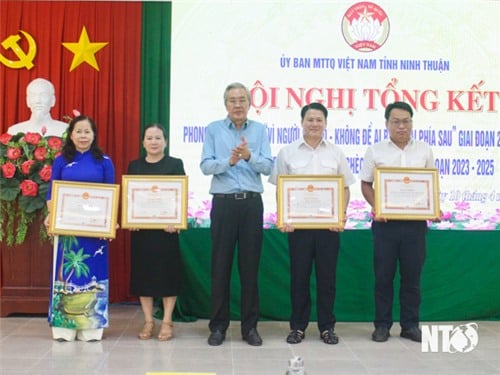
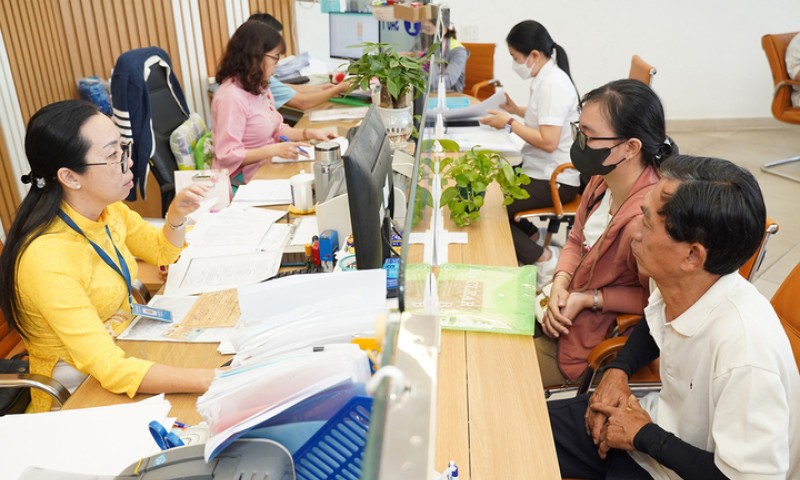


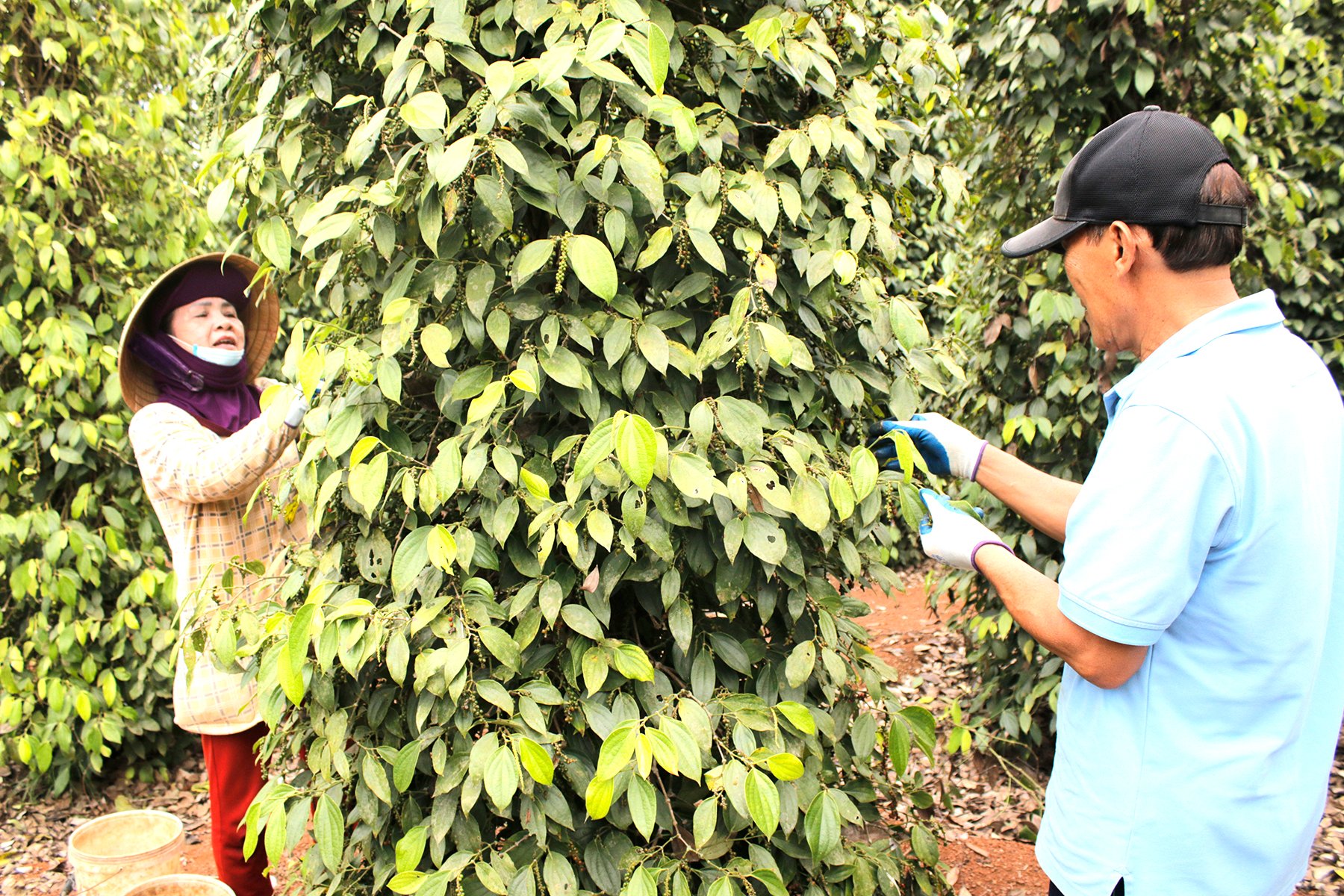
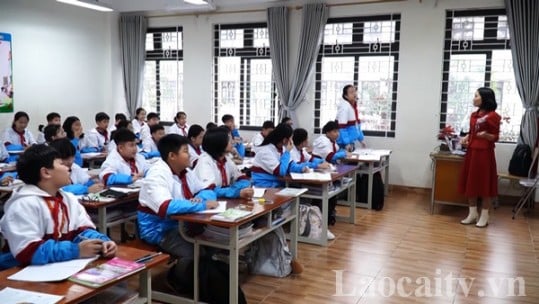










Comment (0)